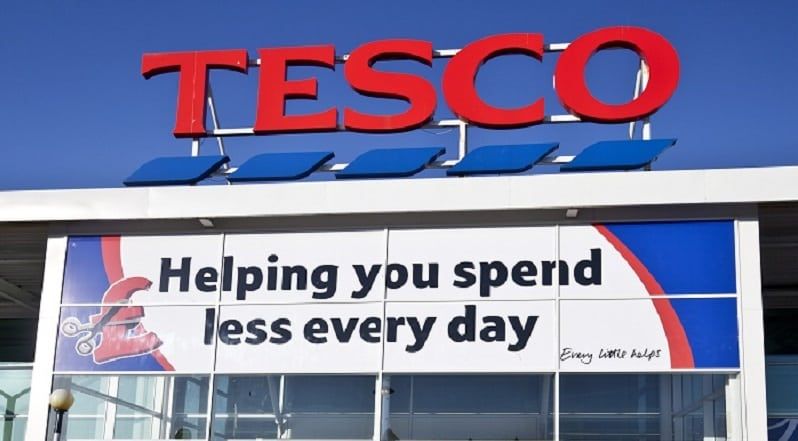UK supermarkets are “way off track” to meet crucial climate and nature goals, according to WWF, which has called for collaborative action and regulations to tackle indirect greenhouse gas emissions and nature loss.
In WWF’s latest report, What’s in Store for the Planet 2024, it shared data from 10 of the 11 UK major food retailers and outlined deforestation and conversion, climate, diets and food waste as key areas of concern.
Palm oil production continues to be a main driver of deforestation. It is found in nearly 50% of packaged supermarket products, from pizza, doughnuts and chocolate, to deodorant, shampoo, toothpaste and lipstick. Further, only 4.5% of soy entering the UK food retail value chain – mainly to provide feed for chickens, pigs, farmed fish and dairy cattle – is verified deforestation and conversion free.
Without urgent action, the report warned the retailers’ 2030 science-based climate targets are highly likely to be missed putting the future of the food system at high risk.
Tanya Steele, chief executive at WWF, said: “Consumers should not have to worry about whether their food shop is fuelling the climate crisis or pushing precious wildlife closer to the brink.
“How we produce food remains one of the biggest threats to our planet. And while it’s positive that UK supermarkets have pledged to source their food responsibly, they must now follow through. Supermarkets depend on nature and a stable climate for the food they sell, and most people want to buy sustainably. Unless supermarkets prioritise this, we will all suffer the consequences.”
In 2021, the non-profit set up the WWF Basket initiative, aiming for key commodities, such as soy, beef, cocoa and palm oil, to stop causing deforestation or land conversion by the end of 2025. With a year to go supermarkets are not on track to meet the targets despite engagement from industry coalitions and calls for robust due diligence legislation.
However, WWF suggested there are some steps in the right direction. Most supermarkets assessed have made progress towards near-term Scope 1 and Scope 2 emissions reduction targets, and in setting 1.5°C-aligned Scope 3 targets in line with the Science Based Targets Initiative’s (SBTi’s) Forestry, Land-use, and Agriculture (FLAG) guidance.
Also, four of the 10 supermarkets assessed, on average, source more than 50% of their UK-sourced produce from land within schemes that manage soil health and biodiversity.
The report highlighted that while some retailers are making necessary changes in some areas, collective action is needed between governments, commodity traders and supermarkets to achieve crucial climate goals.
“The UK government must now step in and urgently introduce the long-awaited due diligence regulations to prevent further destruction of our forests and natural habitats.,” said Steele. “Without them, supermarkets will continue to pay lip service while the planet pays the price for their inaction – putting us all at risk.”








